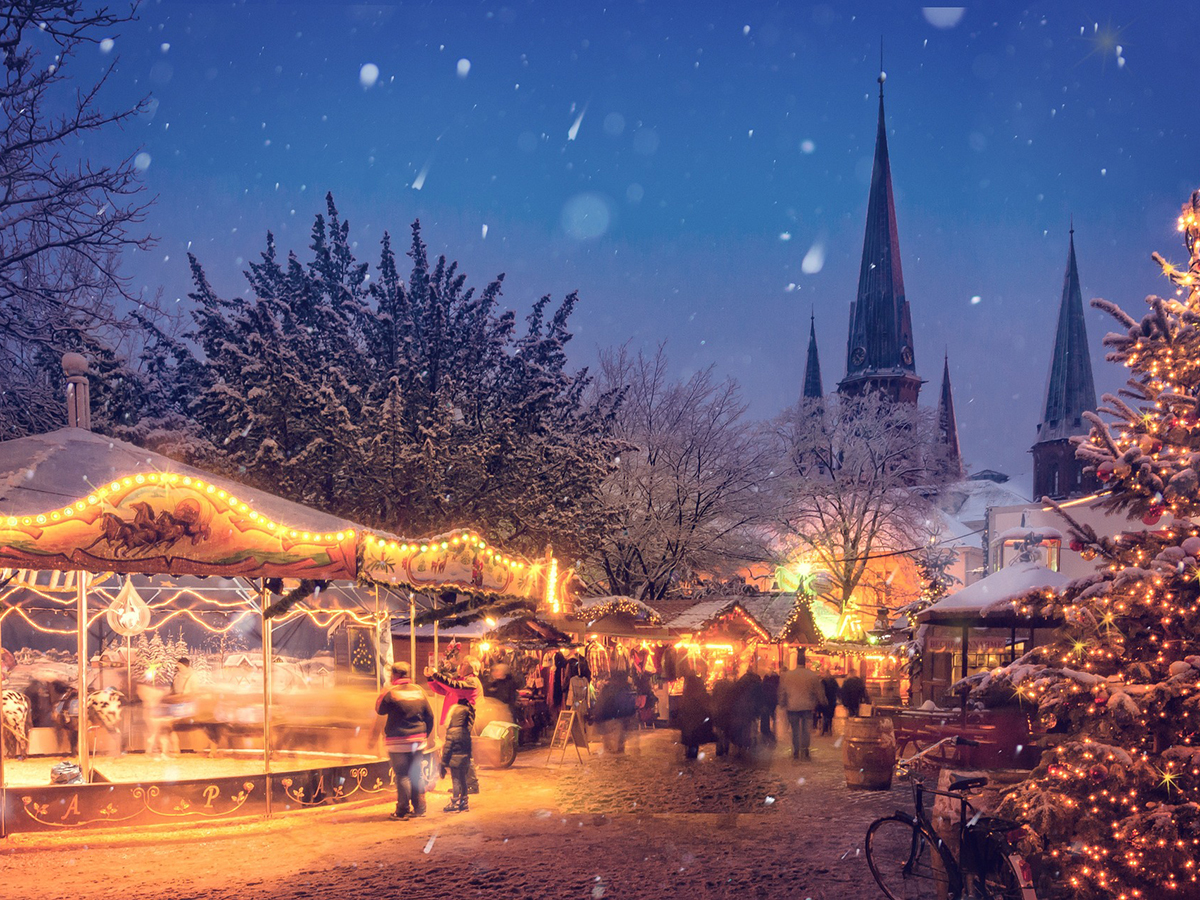
April 6, 2022
Are you a Huguenot?
The Huguenots of France (pronounced “Hewgenot,” in French Ygeno) have drawn the attention of researchers, scholars, and genealogists for centuries. Who were these mysterious people? Are they still among us?
Huguenots were French Protestants in the 16th and 17th centuries who distanced themselves from the Roman Catholic Church as the followers of John Calvin and his religious views. They were primarily educated people from a wide spectrum of backgrounds and professions, including craftsmen, military men, scholars, and other prominent positions.
Many of them fled their homeland to other countries to seek freedom of belief. Mostly, they merged into the society they came into. Why? It was not an emigration “en masse,” just a steady flow of individuals and families.
In those times, most of Europe wanted one religion for the country’s unity. The Revocation of Edict of Nantes, replaced by Edict of Fontainebleau in 1685, may be understood as a response to save the integrity of the Louis XIV kingdom, save absolute monarchy, and unite his kingdom under one king, one law, and one faith.
About one-fifth of the Huguenots, around 150,000 to 200,000 individuals, chose to exile to Switzerland, the German states, the Netherlands, the British Isles, North America, South Africa, and Russia.
Research of the Huguenots must begin in the United States. Huguenot settlers integrated with the Dutch colonies and German settlers. The best resources are the parish registers in the counties they settled. Consult all available family documents, memorabilia, and resources in the libraries, archives, courthouses, churches, and genealogy societies. Keep in mind that they stayed for some time in another country before immigrating to the U.S.
If you are fortunate, you will trace their migration back to France. Remember, at every migration path, there was always somebody who stayed behind. This means there will be additional records created in the old country, such as property disposition, estate records, and notarial records. Those are the most useful for genealogical information, especially those records before 1700—when the church records are less complete.
So, are they among us? Huguenots primarily assimilated to the mainstream culture of wherever they settled and stayed Protestant. A Huguenot Society of America was established in the U.S., and in Berlin, Germany, is the Hugenotten Museum. Protestant churches, street names, and geographic names remind us today of their religious views and their large contribution to various aspects of life in the countries they settled.
Would you like to learn more? Check out our Topical Guide: Huguenots Genealogy Research.
Iveta B.
Midwest Genealogy Center
Read Similar Blogs:
Genealogy







